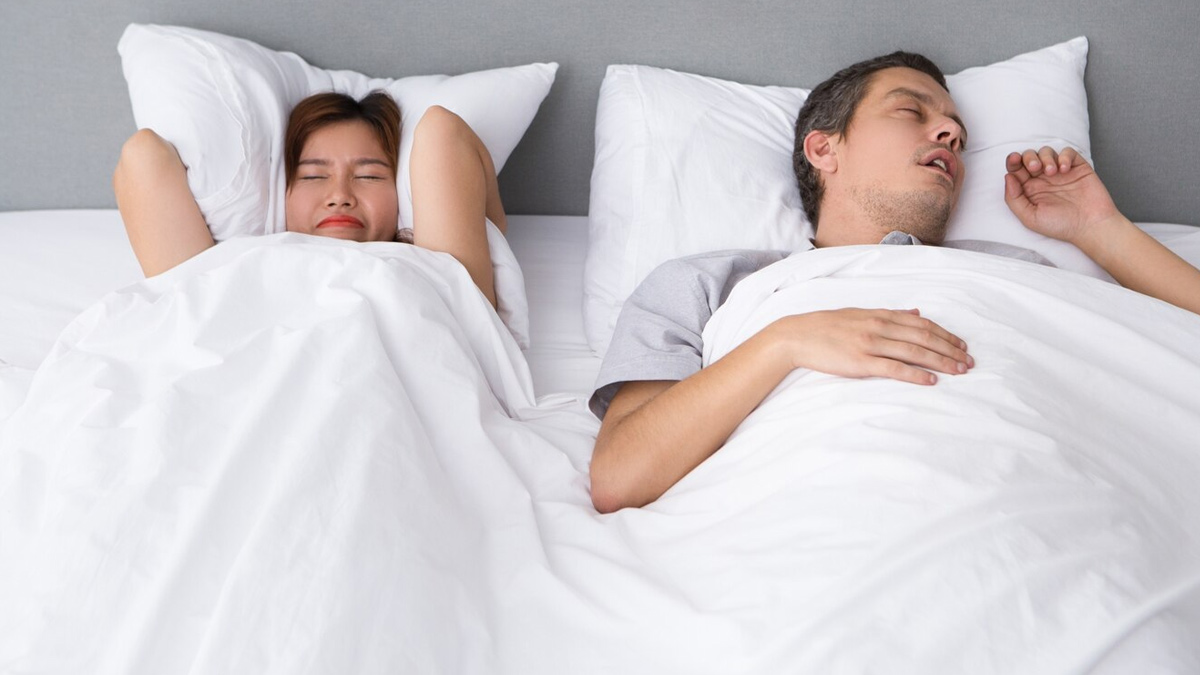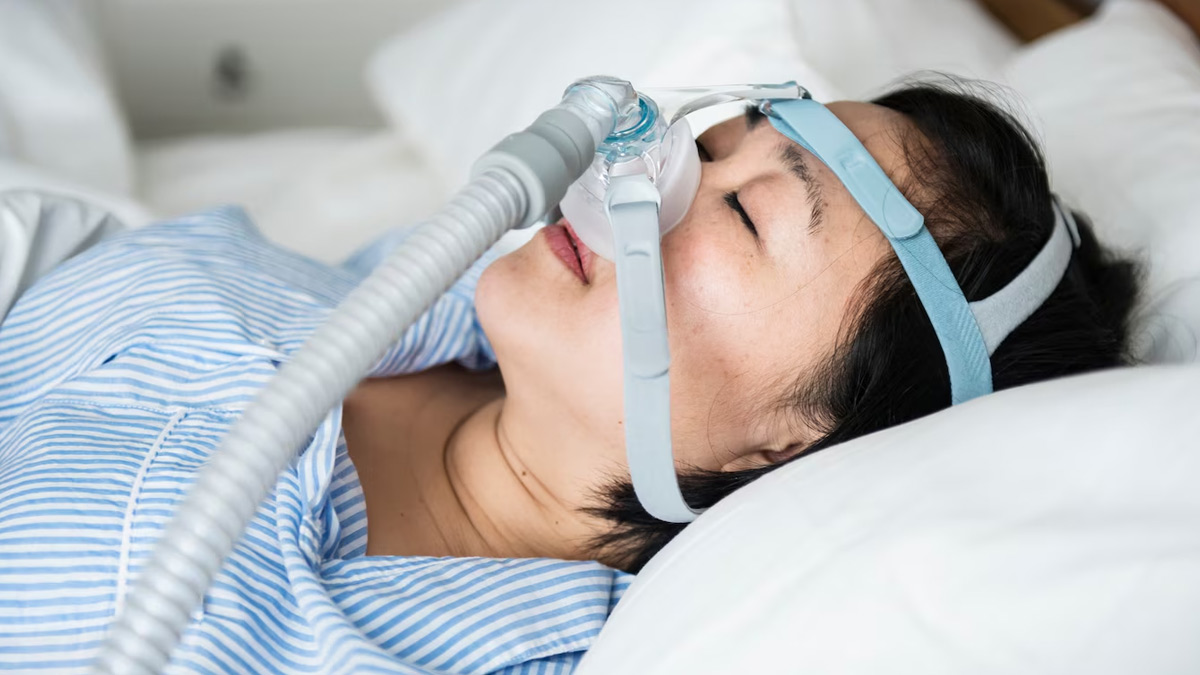Best Pillows To Manage Sleep Apnoea And Reduce Snoring
A good night’s sleep isn’t just about comfort; it is also about breathing right. For people with sleep apnoea or chronic snoring, the position of the head and neck during sleep can significantly impact airway function. According to , the right pillow can play a key role in reducing symptoms and improving sleep quality. Here’s how.

Not all pillows are created equal, especially when it comes to managing sleep apnoea.
Sleep apnoea is a common sleep disorder that causes repeated interruptions in breathing during sleep. Obstructive Sleep Apnoea (OSA) is the most common type of sleep apnoea and occurs when the muscles in the back of the throat relax and block the airway during sleep.
The way your pillow supports your head and neck can either constrict or open your airway. “A pillow that promotes proper head and neck alignment can help keep the airway open, reducing both snoring and sleep apnoea symptoms,” says Dr Dutt. So when shopping for a pillow, it’s important to look for one that supports the natural curvature of your spine.

For those dealing with OSA, certain pillow features can make a big difference. Dr Dutt recommends pillows with contoured designs or cervical support that align the neck properly.
Materials like memory foam or latex are good options because they mould to your shape and offer firm support, he adds. Adjustable pillows also allow users to customise the level of support, which can be beneficial for people with changing needs.
A 2022 study published in the journal Frontiers in Medicine found that patients who used a memory foam pillow had nearly 47% fewer snoring episodes and shorter snoring duration compared to a standard lab pillow. Those using their own pillows showed some improvement too, but not as much. The findings suggest that something as simple as switching to a supportive pillow, like memory foam, could help ease symptoms, especially for those with snoring-related sleep apnoea.
Two popular options for sleep apnoea sufferers are wedge pillows and cervical pillows.
Wedge pillows are designed to elevate the upper body, which can help reduce nasal congestion and ease breathing during sleep.
Cervical pillows, on the other hand, support the neck’s natural curve. “Both types have benefits,” explains Dr Dutt, but wedge pillows may offer more relief for those with significant breathing issues.

Pairing the right pillow with a proper sleeping posture can further ease symptoms.
Dr Dutt recommends sleeping on your side instead of your back, as this can help keep the airway open.
“A supportive pillow that helps maintain this side-sleeping position can reduce the risk of airway obstruction,” he says. Additionally, slightly elevating the head of your bed can aid breathing during sleep.
If you or someone you love struggles with sleep apnoea or loud snoring, a simple change like switching your pillow could make a big difference. The right pillow doesn’t just add comfort; it can help keep your airways open, improve breathing, and lead to more restful sleep. Whether it’s a memory foam, wedge, or cervical pillow, finding one that supports your head and neck properly can ease symptoms and reduce snoring.












